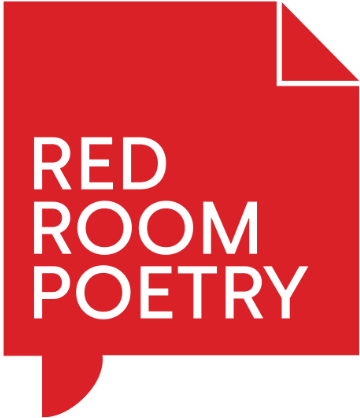Review of Motherlode – Australian Women’s Poetry 1986 – 2008, edited by Jennifer Harrison & Kate Waterhouse

The poet exists as a learned astronomer
we have words to prove this
“poem from the future” by Alicia Sometimes
Motherlode is a collection of 172 poems by 125 female poets on the subject of motherhood, childhood and “a collective narrative of female identity”. The collection is intended to be read as if it were a novel, so that it tells the story of female personhood in a way which will “speak to ordinary women – any woman”.
The quality of the poetry in this collection is very high and was sourced from a wide variety of Australian women, including those of different backgrounds and a wide range of ages. The collection also includes both established and less well known poets. While the style and subject matter of the poetry varies significantly, the collection is remarkable for its strong sense of place and frequent allusions to Australian native plants and wildlife, cities and natural phenomena.
Harrison and Waterhouse’s editorial decision to start and end the collection with poems central to its theme works very well; Gwen Harwood’s “Mother Who Gave Me Life”, the first poem in the collection, is a striking poem addressed to the poet’s mother (and, it is implied, by extension all mothers). In particular, the lines “It is not for my children I walk / on earth in the light of the living. / It is for you, for the wild / daughters becoming women” is an arresting starting point. Judith Wright’s “Woman to Child”, the closing poem, rounds off the collection with a soft, dreamlike poem from the perspective of a mother addressing her child.
The poetry is grouped into a number of loose themes based on stages of childhood and motherhood (“pregnancy”, “birth”, “infancy”), familial relations (“sons & daughters”, “mothers & grandmothers”), and various facets of life (including “nature”, “icons”, “the world”, “loss” and “the daily grind”, among others). This structure overall works in the collection’s favour by allowing the reader to compare and contrast different poets’ styles and voices with other poems on similar themes. However, some of the choices of theme seem incongruous given the collection’s aim – themes such as “icons” and “old wives tales” (while containing some of my favourite individual poems in the collection) deal with fairytale, mythic and historical subjects. These gel less well with the more pragmatic and quotidian focus of the rest of the collection, which deals with the practical experiences of women.
While the collection intends to deal with ‘universalised’ depictions of motherhood and femininity, the majority of the poetry is centred in Anglo-Australian experiences. Despite this, the poetry of the Aboriginal poets included in the collection is particularly excellent, and deals with a broad range of subjects from historical events to present-day experiences of womanhood, including poems by Bobbi Sykes, Daisy Utemorrah and Oodgeroo Noonuccal (among others).
Similarly, the “the world” section of the collection is very helpful in rounding out the anthology, with a number of poems dealing primarily with war and asylum seekers. In particular, Tatjana Lukic’s “nothing else” is an aching depiction of the experience of war, and Bronwyn Lea’s “Miserability” and Fay Zwicky’s “Picnic” both beautifully depict interactions with asylum seekers and migrants in Australia.
Despite these additions, the collection’s main weakness is that it ultimately falls short of its aim to “speak to ordinary women – any woman”; while it’s an impressive collection of poetry from a range of poets, there are a number of central experiences it does not deal with. For example, there is an obvious lack of poetry dealing with infertility (with Megan Bailey’s “IVF Day” being the notable exception), and few (if any) poems dealing with LGBTIQ+ womanhood or motherhood.
Overall Motherlode is an excellent collection of high quality poetry dealing with womanhood and motherhood in Australia. While it would have been interesting to see poetry on the subject from a more diverse range of views, Motherlode is a very enjoyable read and I recommend it thoroughly.
Purchase a copy of Motherload: – Australian Women’s Poetry 1986 – 2008, edited by Jennifer Harrison & Kate Waterhouse through Puncher & Wattmann here.
---
Hester J. Rook is an Australian speculative fiction writer with a number of short prose and poetry publications. She co-edits Twisted Moon, a magazine of erotic speculative fiction, which is open for submissions until 30 September. Find her work at http://hesterjrook.wordpress.com and find Twisted Moon at http://twistedmoonmag.com/
